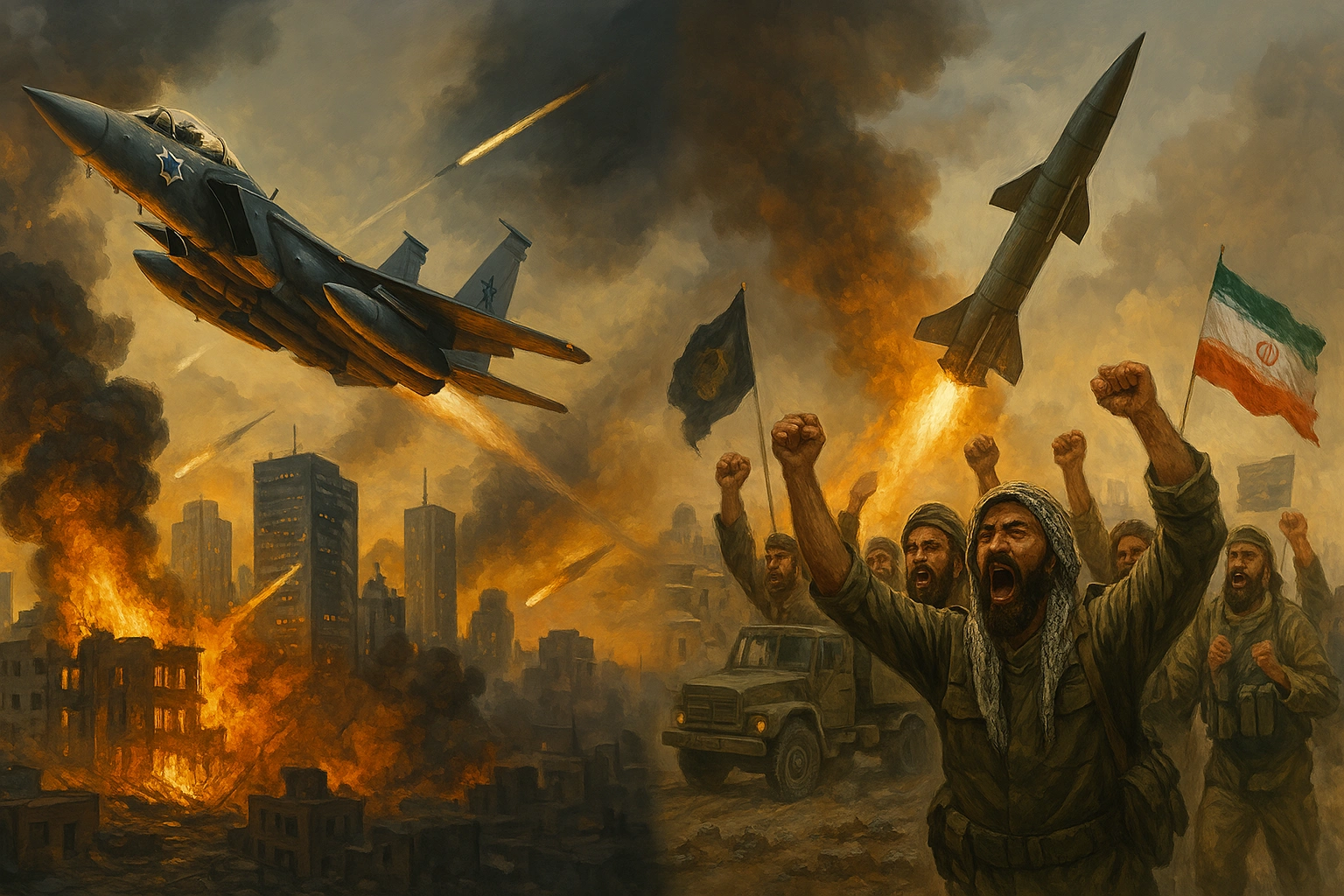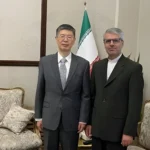A months-long proxy war between Iran and Israel had long been brewing and broke out into a lively period of direct military conflict in the period of 13 June 2025 to 24 June 2025, in a 12-day war. The war was not a complete invasion but was limited to missile attacks, cyberattacks as well as the participation of proxies in the region. Both states entered emanating strategic prosperity but the outcome in terms of balance of advantages which were political, military, and diplomatic was not balanced.
Historical Context
The Islamic Revolution in 1979, which occurred when they were allied with the Shah of Iran, changed Iran into the bitterest opponent of Israel. The ideological belief of Iran in the fight against Israel and the support of such forces as Hezbollah and Hamas has made Iran run at cross purposes with the security interests of Israel. Israel, on its part, has also considered the development of nuclear capabilities and the rise in Iranian influence in the region to be an existential threat, which is what has been contributing to years of pre-emptive military attacks and spying.
The 12-Day War: June 2025
On 13–24 June 2025, Israel and Iran were involved in the most open military conflict since decades ago. Examples of the conflict have been the Israeli airstrikes of Iran Revolutionary Guard installations, Iranian ballistic missiles against Israeli military installations and cyberattacks that destroyed civilian infrastructure such as utilities in both countries. There were proxy forces who engaged in the conflict including Hezbollah and Iran-backed Iraq militias. However, the conflict did not turn into a long-running war, and it was mostly thanks to self-restraint and to the international pressure made to de-escalate the conflict.
Israel’s Advantages
Israel was ahead in terms of airstrikes, intelligence, and in missile interception. The Arrow and the Iron Dome systems blocked most Iranian projectiles, limiting both the casualties and damage to infrastructure. The alliance of Israel with US and Europe did not only mean military support, but also diplomatic protection when it came to the 12-day war. Israel had its right to defend itself and this support received by the West was majorly welcoming as compared to Iran which was pressured to restrain and condemned. Israel paralyzed some sections of the Iranian communication networks and military logistics through its cyber forces, which provide a winning edge, although not lethal.
Israel’s Disadvantages
The threat on several fronts, be it Hezbollah in the north, Hamas, and even the Houthis in Yemen, left Israel so stretched to cover and so, its weaknesses despite the technological lead. The frequentism of the sirens, orders to shelter-in-place, and the non-severe impacts on the economy during the 12 days angered the general population and brought political disputes within the country regarding the medium and long-term security policy. Israel enjoyed the support of friends, but it was questioned by the impartial nations on the magnitude and potency of the counterattacks.
Iran’s Advantages
Iran employed the Houthi, Hezbollah and Iraqi proxies to attack Israeli positions without being involved in a full-fledged war. This lopsided policy was able to maintain the deterrent role of Iran whilst minimizing its costs. By being forthright with its intentions to attack Israel, Iran was trying to show power to its domestic population and the allies, which was important to its overall influence in the region and regime legitimacy. The large standing army of Iran gave it defensive depth though it was not willing to commit large numbers of its army in the short war.
Iran’s Disadvantages
The economy of Iran was already weakened due to the use of sanctions and inflation, but the war dealt an additional blow. Its financial problems were aggravated by infrastructure destruction and increased international attention. The missile strikes by Iran were more inaccurate and ineffective than counterstrikes by Israel. A lot of them did not penetrate Israeli defences and the retaliation in the cyberspace was partial. Iran was becoming lonely in the world, whereas others spoke in support of some of regional actors. Even the traditional partners with the US such as China and Russia appealed to de-escalation.
As a result, the war perhaps could not solve the basic problems but strengthened the decisional chain: Israel has preserved the advantage, both military, diplomatic, and technical, and Iran has also placed more pressure to review the calculation associated with direct collision.








